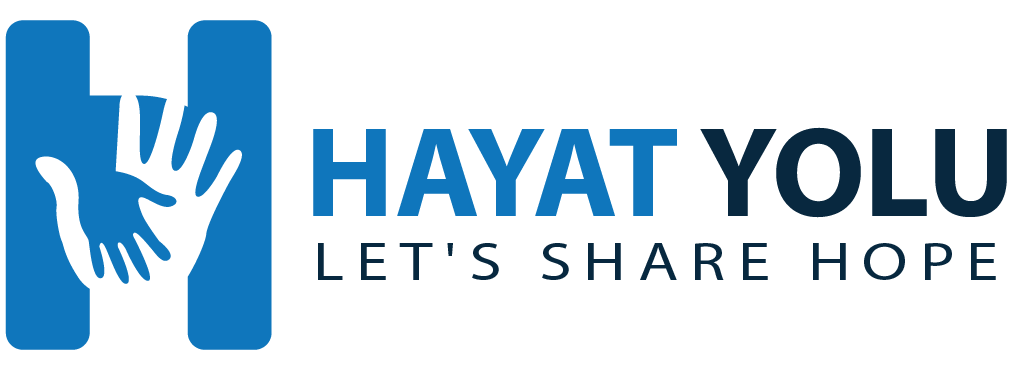In Ghana 6 million people lack access to safe water due to the water crisis. The country suffers from too much-polluted water and 81% of Ghanaians lack access to improved sanitation or are entirely without WASH facilities. Additionally, 1,000 children under 5 die each year from diarrhea which is related to polluted water.

Quick Response
In response to the water crisis, Hayat Yolu managed to dig a water well in Ghana. The well serves a very poor area where more than 3,000 people live. The project also included spreading awareness among the local population regarding the rules of public health and personal hygiene after providing the residents with access to a water source.
The residents of the area expressed their joy at digging the well. They told us about the extent of the suffering they were experiencing in obtaining water.
“We used to walk hours to get water, we had to make this difficult journey every day. What we can carry of water is hardly enough for a day, and this is how we spent our lives,” Mubarak said.

As Hayat Yolu, we usually choose to respond to the most pressing needs for the most vulnerable communities.
This waterwheel in Ghana is our 22nd on a raw. We managed to dig other waterwheels in different areas in Africa that have the same suffering. Usually, this kind of intervention not only improves the health conditions of the inhabitants of the area, but also it improves their opportunities. Consequently, that leads to a better life as they spend a long time in a desperate search for water every day of their lives.
As a part of our commitment, we have also dug 2 Waterwheels in schools in Palestine. Those serve more than 1500 Children in addition to the neighborhoods.
And we installed desalination plants on 5 waterwheels in Palestine due to high salinity and contamination. These waterwheels serve more than 10,000 people
Additionally, we reached with drinkable water 3300 families in Yemen and Palestine.

